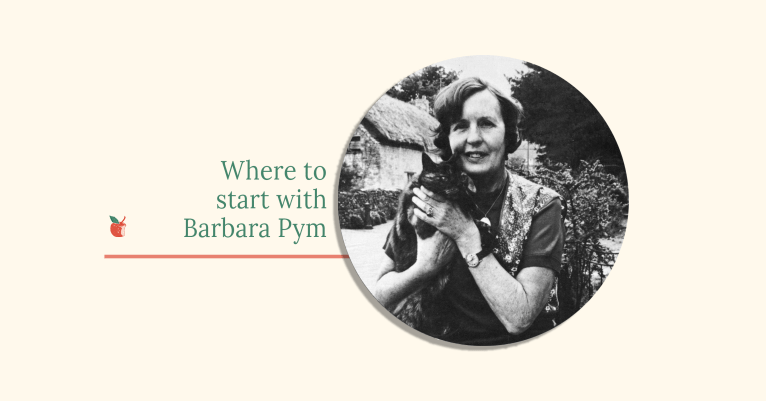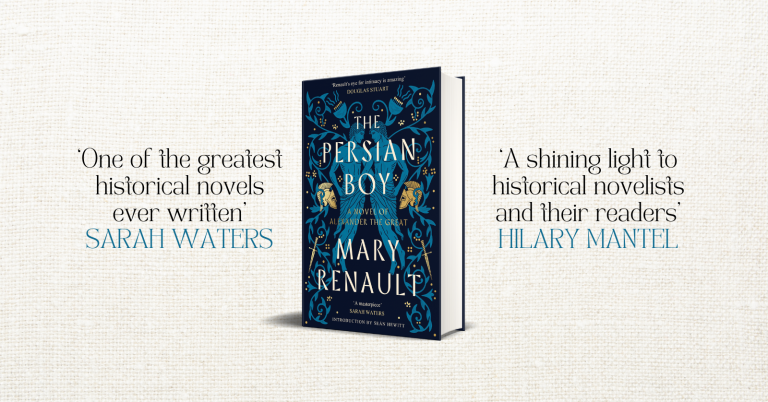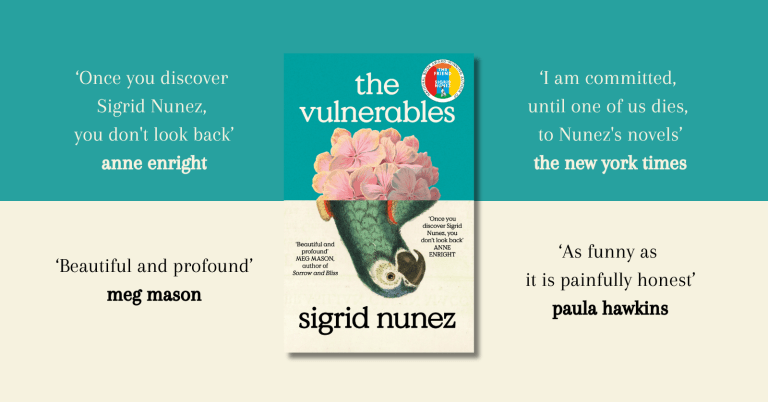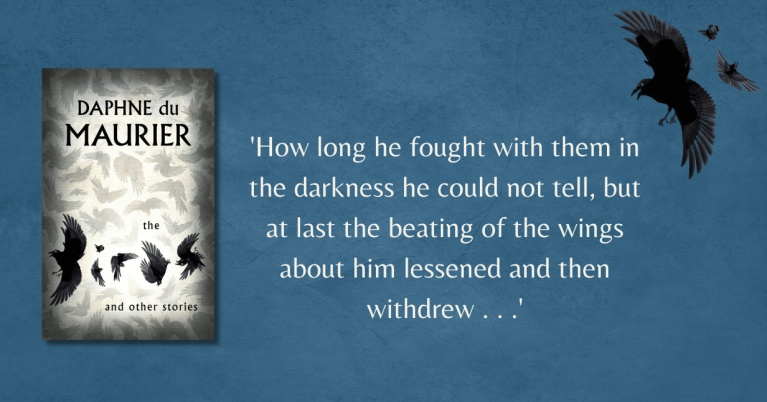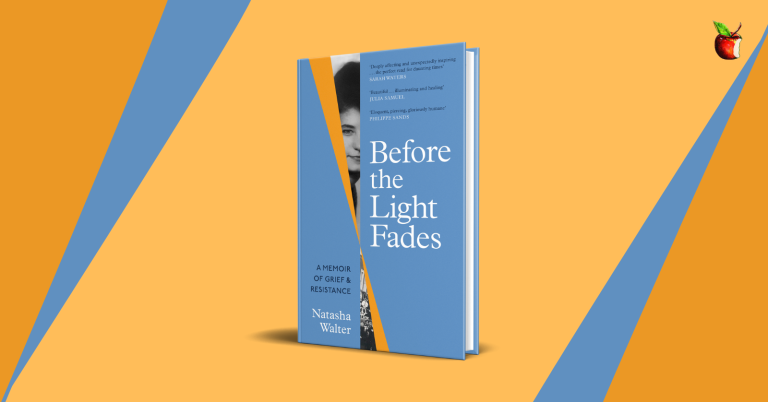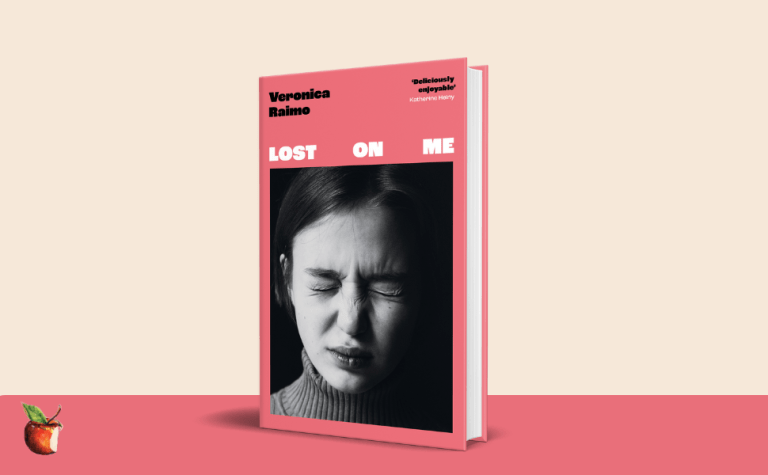Moonlight, white satin, roses. A bride.
In this exclusive piece, Angela Carter biographer and academic Edmund Gordon explains what it is that makes The Magic Toyshop truly magical to him.
The Magic Toyshop is Angela Carter’s second novel, but the first to feature the heady surrealism that flavours all her greatest work. Zinging with lovely sentences and rich, uncanny images, it stands out from the mainstream of 1960s English literature like a carnival costume at a village fete.

In the opening pages of the novel, we’re introduced to Melanie, a restless and headstrong fifteen-year-old girl who – in a fit of boredom while her parents are abroad – puts on her mother’s wedding dress and climbs the apple tree in their garden. It’s a strange and voluptuous scene, which sets the off-kilter mood that prevails throughout the book. The following morning, Melanie receives news that her parents have died in a plane crash (she blames her nocturnal transgression), and she’s sent to live with her Uncle Philip, a deranged and domineering toymaker, in his south London shop. There she suffers Uncle Philip’s punitive regime in the company of her Aunt Margaret (a mute Irishwoman, ‘frail as a pressed flower’) and her cousins Finn and Francie (a pair of roguish musicians) – until eventually they come together to depose him.
Though it’s structured as a malevolent fairy tale, The Magic Toyshop was a conscious engagement with Paradise Lost: the fateful act of disobedience involving an apple tree; the autocratic God figure of Uncle Philip; the toyshop as a dreadful, artificial Eden, from which it’s impossible to escape. ‘Eden is always evil’, Carter told an interviewer in 1970s. ‘States of grace always are.’ She wrote the novel in the winter of 1965-66, when she was plotting her escape from an unhappy first marriage, but its carefully textured south London backdrop, as well as its atmosphere of adolescent longing, were taken directly from her own childhood.
The Magic Toyshop was the first of Angela Carter’s novels that I read, and it’s remained one of my favourites. Only she could have mixed together such disparate influences – classic children’s stories, high surrealism, epic poetry – with such flair and wit, and created from them something so eminently readable, and so distinctively modern.
The new Virago Modern Classic edition of The Magic Toyshop is out now.
 The Invention of Angela Carter, by Edmund Gordon, is out now. Edmund Gordon writes for a wide variety of publications, including the Guardian, Observer, London Review of Books, Times Literary Supplement, and Sunday Times. In 2012 he received a Jerwood Award for non-fiction from the Royal Society of Literature. He lives in London, and teaches literature and creative writing at King’s College London. The Invention of Angela Carter is his first book.
The Invention of Angela Carter, by Edmund Gordon, is out now. Edmund Gordon writes for a wide variety of publications, including the Guardian, Observer, London Review of Books, Times Literary Supplement, and Sunday Times. In 2012 he received a Jerwood Award for non-fiction from the Royal Society of Literature. He lives in London, and teaches literature and creative writing at King’s College London. The Invention of Angela Carter is his first book.

